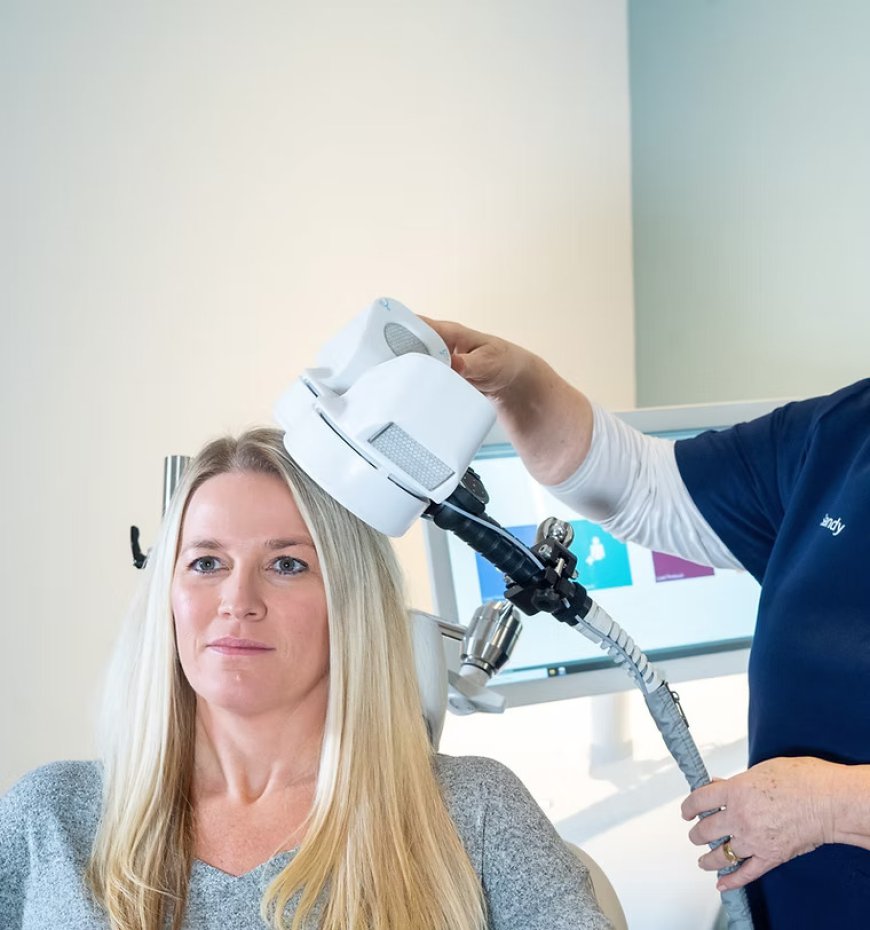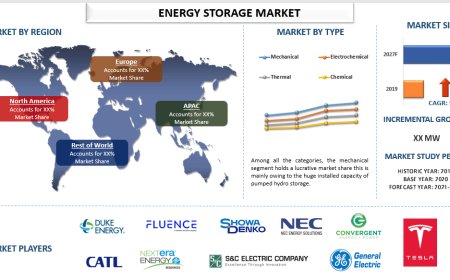TMS Therapy or Deep TMS? Choosing the Best Option for Anxiety Relief

When youre exploring innovative options for alleviating anxiety, Transcranial Magnetic Stimulation (TMS) therapy quickly rises to the top of the list. Its a proven, non-invasive solution offering significant relief for individuals who havent responded to traditional treatments. But with different types of TMS availableincluding standard TMS and Deep TMS (dTMS)knowing which approach is the best fit for your needs can be challenging. At NuBalance Behavioral Health in Malvern, PA, we are committed to helping patients find the most effective treatment path for their mental health, including cutting-edge TMS therapies.
TMS therapy works by delivering magnetic pulses to specific regions of the brain that regulate mood and anxiety responses. These pulses stimulate nerve cells, promoting neuroplasticity, or the brain's ability to rewire and strengthen beneficial neural connections. Deep TMS takes this further by targeting deeper and broader brain structures using specialized coils, potentially increasing the treatment efficacy for some patients. Both treatments are non-invasive, safe, and performed in outpatient settings, making them accessible to those seeking minimal disruption to their daily lives.
When it comes to choosing between TMS and Deep TMS, several factors come into play. Standard TMS focuses on surface-level brain structures and is highly effective for individuals with specific conditions, such as treatment-resistant depression and generalized anxiety disorder. On the other hand, Deep TMS can penetrate deeper brain regions, which may prove beneficial for patients with more complex conditions or those who havent achieved sufficient relief from standard TMS treatment.
Another key consideration is the duration and frequency of treatments. While both modalities typically require multiple sessions spread over several weeks, Deep TMS sessions may be slightly shorter due to its unique coil technology. However, both approaches are designed to deliver cumulative benefits over time, with many patients reporting noticeable improvements in mood and anxiety levels within the first few weeks of treatment.
Despite these differences, both TMS and Deep TMS share a critical advantage over traditional treatments like medications. Neither involves systemic side effects such as weight gain, drowsiness, or dependency. For many patients, this alone makes these therapies an attractive and sustainable choice for long-term mental health care.
From a personalization perspective, your healthcare provider will work closely with you to determine the right treatment option based on your symptoms, medical history, and lifestyle. Whether opting for TMS or Deep TMS, the ultimate goal is the sameto restore you to a place of balance and well-being.
If youre curious about the best TMS therapy Malvern, PA has available and whether it could be the right choice for managing your anxiety, we encourage you to explore your options. Visit NuBalance Behavioral Health at https://www.nubalancetms.com/ to learn more about their integrative psychiatric and TMS therapy services, or book a consultation to discuss your mental health needs with their expert team. Taking the next step toward relief has never been more accessible.






































